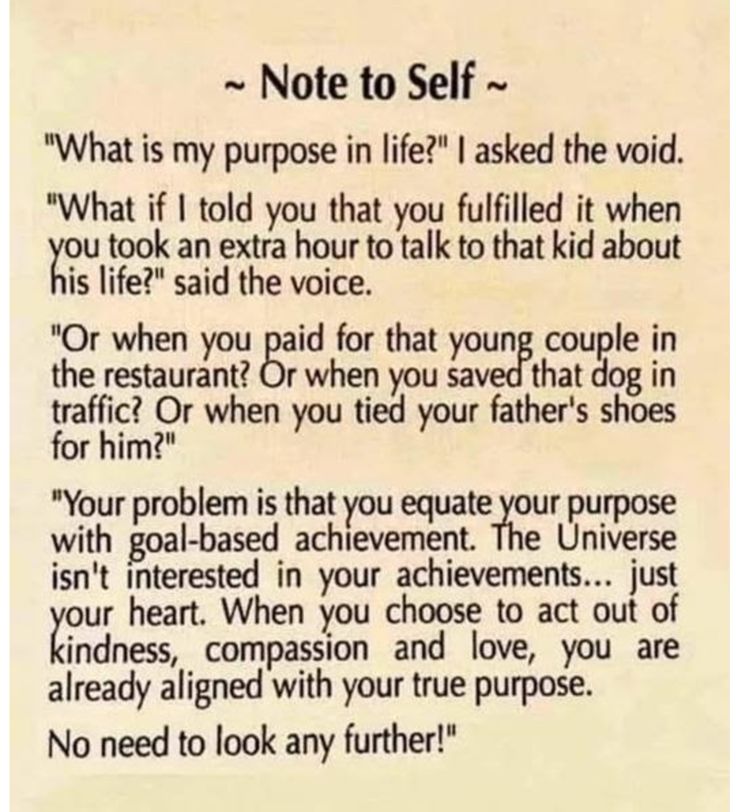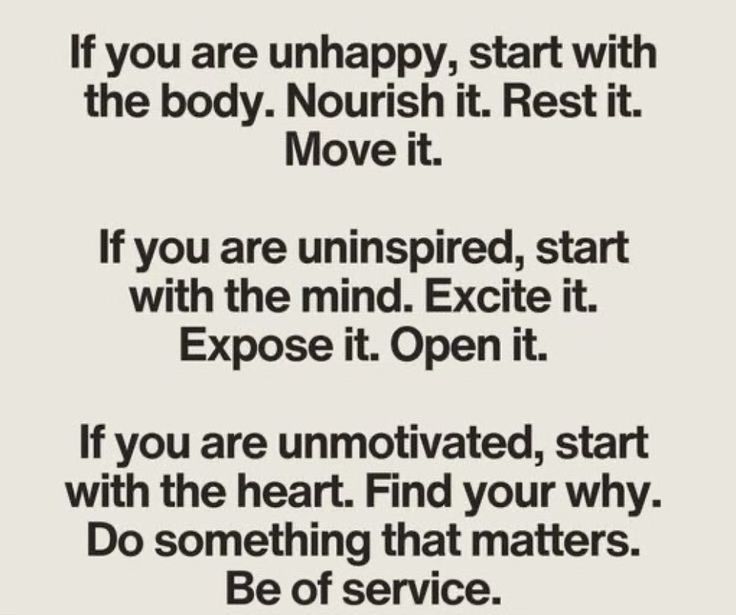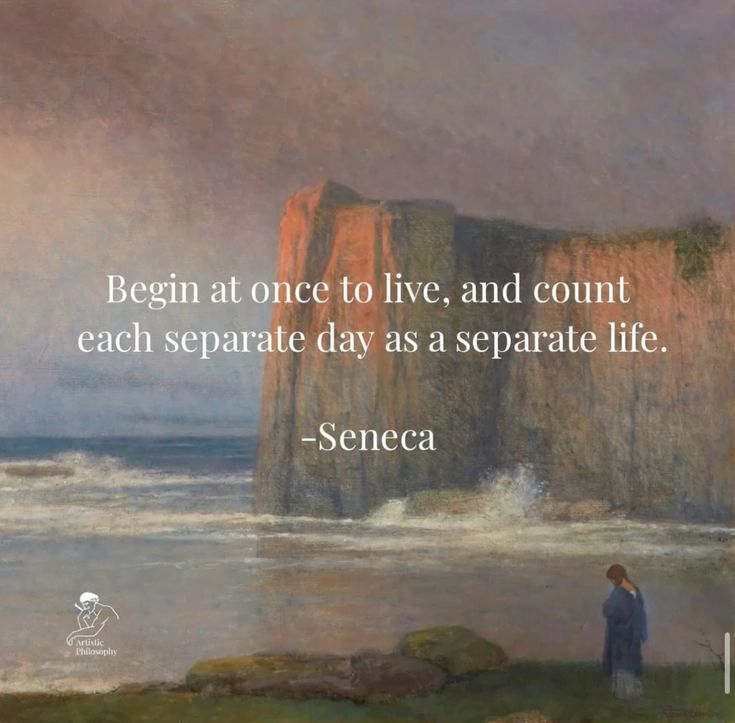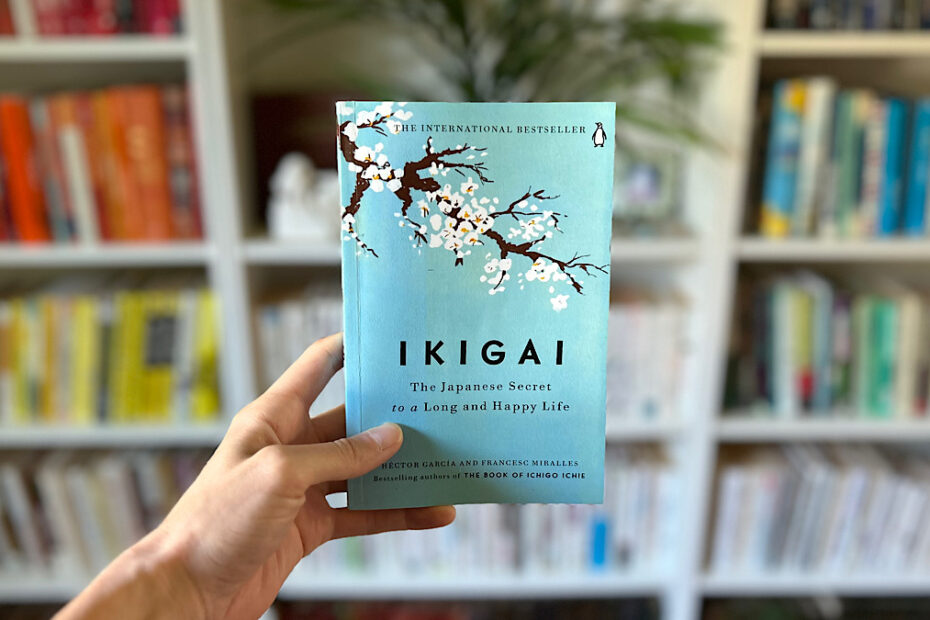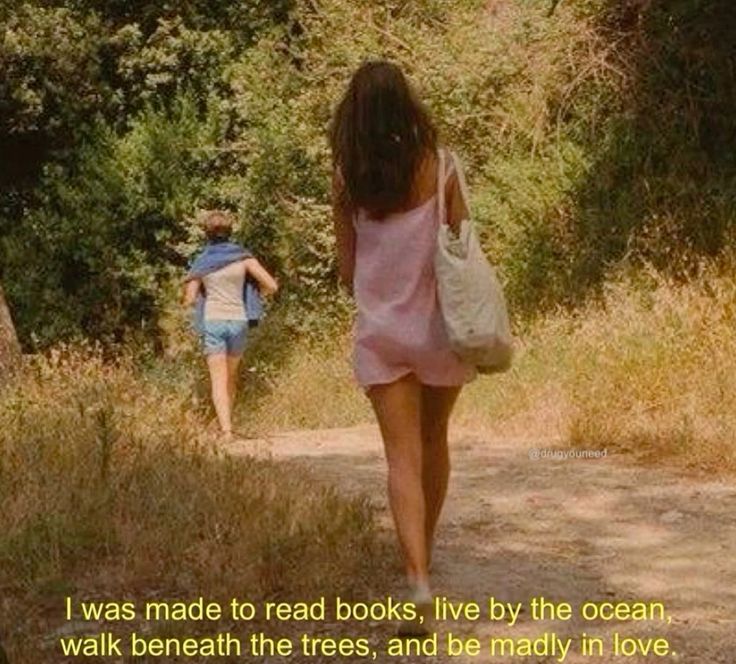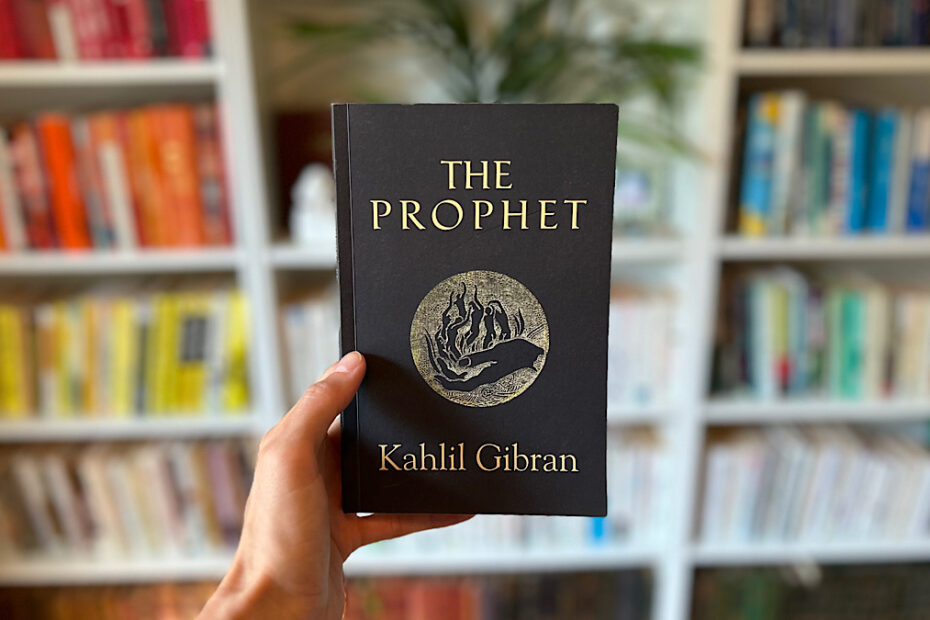“You’re an animal, Sibling Dex. You are not separate or other. You’re an animal. And animals have no purpose. Nothing has a purpose. The world simply is. If you want to do things that are meaningful to others, fine! Good! So do I! But if I watned to crawl into a cave and watch stalagmites with Frostfrog for the remainder of my days, that would also be both fine and good. You keep asking why your work is not enough, and I don’t know how to answer that, because it is enough to exist in the world and marvel at it. You don’t need to justify that, or earn it. You are allowed to just live. That is all most animals do.”
Becky Chambers, A Psalm For The Wild-Built (Page 138)
“We teach that purpose doesn’t come from the gods but from ourselves. That the gods can show us good resources and good ideas, but the work and the choice—especially the choice—is our own. Deciding on your purpose is one of the most valuable things there is. ‘And that purpose can change, yes?’ ‘Absolutely. You’re never stuck.'”
Becky Chambers, A Psalm For The Wild-Built (Page 136)
“Men can starve from a lack of self-realization as much as they can from a lack of bread.”
Richard Wright, Native Son
“After years of reflecting on the stories I have heard, delving into scientific data, and convening researchers, I have come to see there are three essential elements that fuel our fulfillment and well-being: relationships, service, and purpose. Relationships keep us grounded and bonded to each other. Service, from formal volunteering to informal small acts of kindness, is about helping each other. And purpose gives our life a sense of direction and meaning. Together, these elements form the triad of fulfillment.”
Vivek H. Murthy, U.S. Surgeon General, via People
Don’t Let The Tame Ones Tell You How To Live [Poster]
Why We ♥ It: Some of the best advice I (Matt here) ever got was: don’t take life advice from people who aren’t living a life you want to live and don’t take criticism from people you wouldn’t go to for advice. I created this poster to act as a reminder to listen more closely to our role models and less closely to our critics, trolls, and tamed-comfort-zone-hugger acquaintances. It’s also a perfect gift for the outdoor adventurer, travel enthusiast, or solo explorer (or soon to be) who lives the anti-tame lifestyle and wants to beautifully illustrate it on the walls of their home (that they’ll rarely be there to see ;) Available in print or digital download.
“We all understand what optimism means; we all know what a relationship is. But the secret to finding contentment and fulfillment in your life is not understanding optimism, but living optimistically. It is not about intellectualizing the value of relationships, but diving in and allowing yourself to connect at an emotional level with someone else. Go ahead and care about your buddies at work or the barista who makes your coffee every day. These aren’t transactions—these are the jewels of life. Allow yourself to be vulnerable and take the risk of full engagement.”
Bert R. Mandelbaum, MD, via The Win Within (Page 144)
“Why is it do you think that people get married?”
Beverly Clark, via Shall We Dance (2004)
“Passion.”
“No.”
“It’s interested because I would have taken you for a romantic. Why then?”
“Because we need a witness to our lives. There’s a billion people on the planet… I mean, what does any one life really mean? But in a marriage, you’re promising to care about everything. The good things, the bad things, the terrible things, the mundane things… all of it, all of the time, every day. You’re saying ‘Your life will not go unnoticed because I will notice it. Your life will not go un-witnessed because I will be your witness’.”
“Life can only be lived dangerously—there is no other way to live it. It is only through danger that life attains maturity, growth. One needs to be an adventurer, always ready to risk the known for the unknown. That’s what being a seeker is all about. But once one has tasted the joys of freedom and fearlessness, one never repents because then one knows what it means to live at the optimum. Then one knows what it means to burn your life’s torch from both ends together. And even a single moment of that intensity is more gratifying than a whole eternity of mediocre living.”
Osho, Everyday Osho (Page 310)
The 10 Rules of Ikigai (for a Longer and Happier Life) + 6 Bonus Quotes from The Book
Excerpt: What is Ikigai? Often translated as “a reason for being,” it’s a concept that—when fully understood—can add years and joy to your life…
Read More »The 10 Rules of Ikigai (for a Longer and Happier Life) + 6 Bonus Quotes from The Book
“Our minds are all we have. They are all we have ever had. And they are all we can offer others. This might not be obvious, especially when there are aspects of your life that seem in need of improvement—when your goals are unrealized, or you are struggling to find a career, or you have relationships that need repairing. But it’s the truth. Every experience you have ever had has been shaped by your mind. Every relationship is as good or as bad as it is because of the minds involved. If you are perpetually angry, depressed, confused, and unloving, or your attention is elsewhere, it won’t matter how successful you become or who is in your life—you won’t enjoy any of it.”
Sam Harris, Waking Up (Page 2)
“To enjoy anything one needs a very relaxed attitude. To enjoy life one needs eternity. How can you enjoy when death is going to come so soon? One tries to enjoy as much as one can, but in that very effort all peace is lost, and without peace there is no enjoyment. Delight is possible only when you are savoring things very slowly. When you have enough time to waste, only then only is delight possible. The Eastern concept of reincarnation is beautiful. Whether or not it is true is not the point. It gives you a very relaxed attitude toward life. That is the real thing. I am not worried about metaphysics. It may be true, it may not be true; that’s not the point at all. To me it is irrelevant. But it gives you a beautiful background.”
Osho, Everyday Osho (Page 297)
18 Kahlil Gibran Quotes from The Prophet and Insights For Fulfilled Living
Excerpt: …One of those rare books that’s concise AND deep. Read these 18 quotes from The Prophet and update your thinking on fulfilled living today.
Read More »18 Kahlil Gibran Quotes from The Prophet and Insights For Fulfilled Living

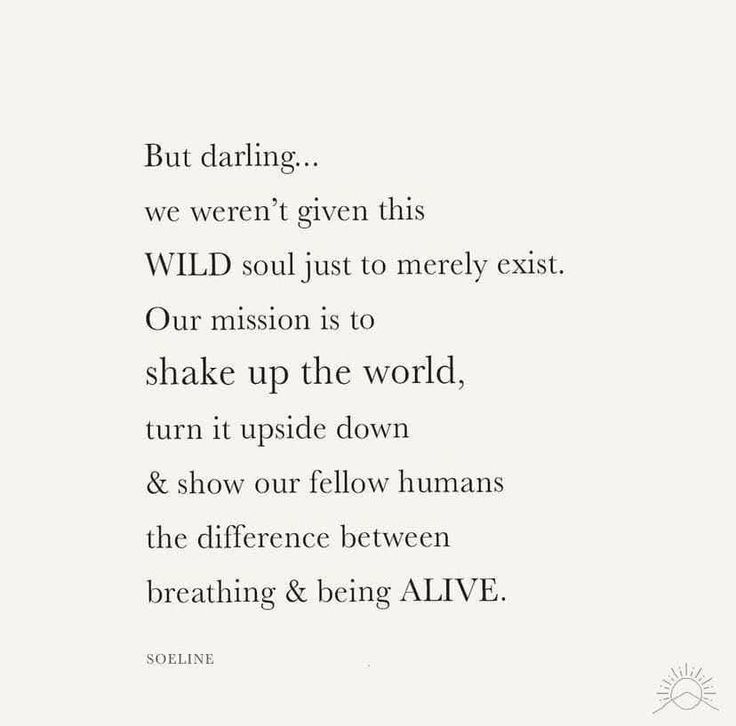
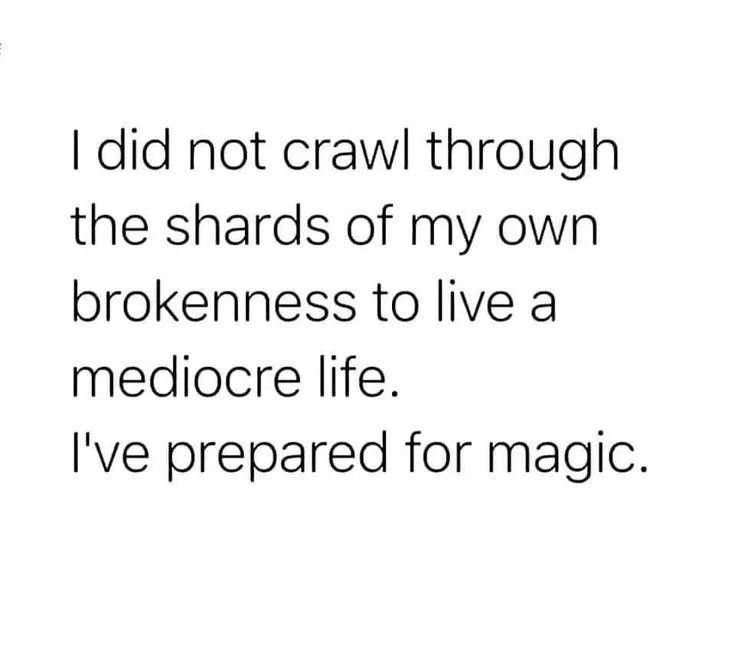
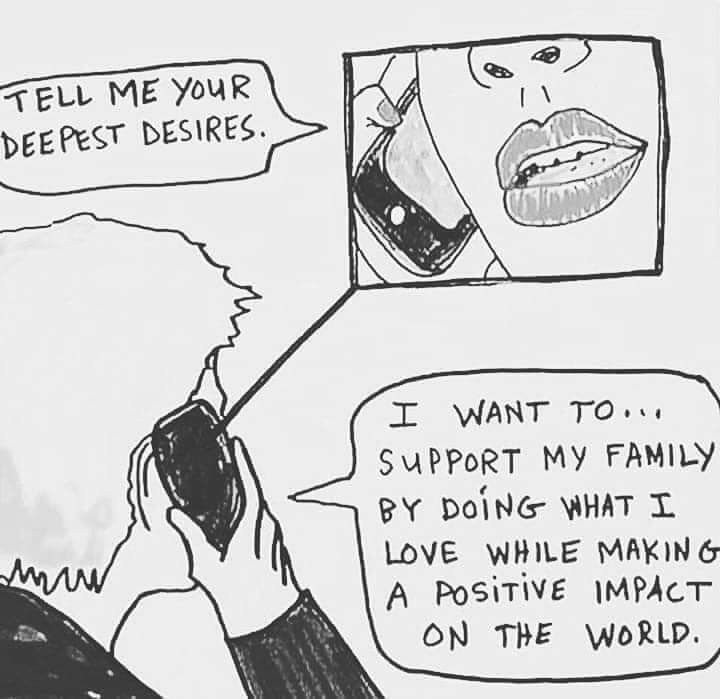
![Don’t Let The Tame Ones Tell You How To Live [Poster] Don’t Let The Tame Ones Tell You How To Live [Poster]](https://movemequotes.com/wp-content/uploads/2024/12/Tame-Ones-Preview.jpg)
